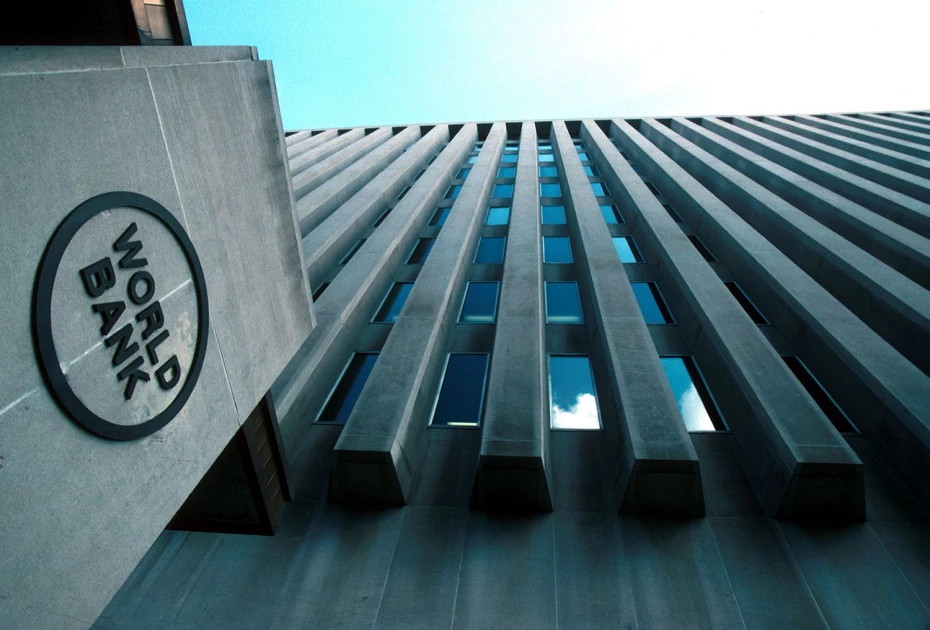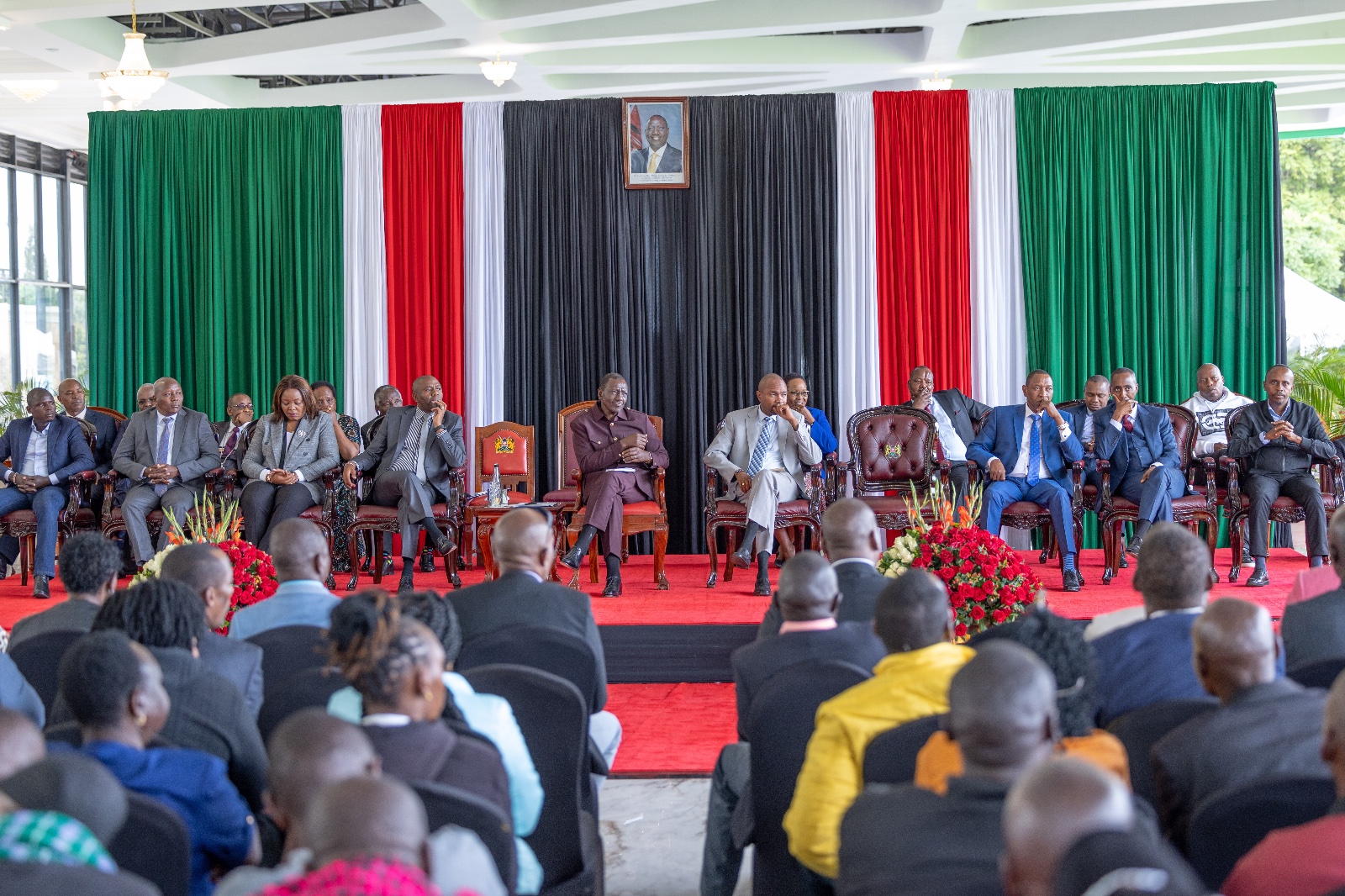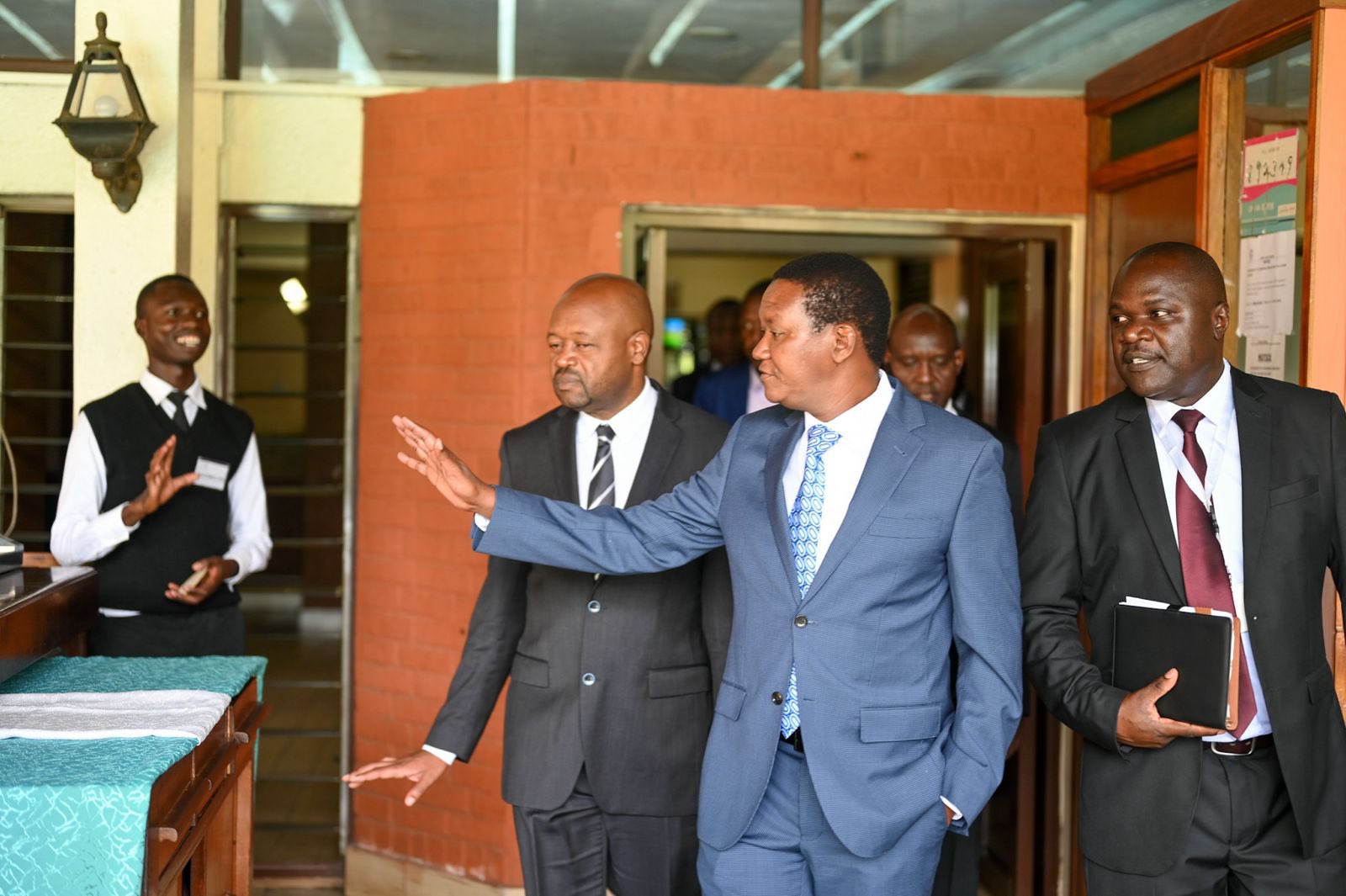
The World Bank has given the green light to the Kenya Jobs and Economic Transformation Project (KJET), set to benefit approximately 45,000 Kenyans, including at least 6,800 women, by creating new or improved job opportunities. KJET is aligned with the Kenya Jobs and Economic Transformation (JET) agenda, and it comes with $150 million in financing.
The project will offer business development services to bolster viable value chains and connect micro, small, and medium enterprises (MSMEs) to markets. Additionally, it will invest in firms to enhance their productive capacity and capabilities, ultimately leading to increased hiring and improved worker productivity.
Keith Hansen, World Bank Country Director for Kenya, Rwanda, Somalia, and Uganda, emphasized the project’s commitment to empowering the private sector, fostering job creation, and catalyzing green investments by private investors. The JET agenda is a central focus in Kenya’s Vision 2030 and aims to transform the country into a globally competitive, middle-income nation.
Apart from benefiting from business development services and technical support, the private sector is expected to invest capital into the blended finance Green Investment Fund and support MSMEs’ productive capacity through a co-investment model.
Overall, the project is set to mobilize at least $27 million in private capital to complement the World Bank and the Government of Kenya’s investment.
KJET aims to bring about comprehensive reforms in Kenya, such as streamlined licensing processes, improved investment-related laws, and enhanced government capacity for investor outreach and service delivery.
It will also focus on enhancing MSME cluster competitiveness by increasing capabilities and productive capacity, leading to increased sales, profits, and job opportunities for supported firms. The project will promote green financing to encourage SMEs to adopt green technologies and enhance resilience to climatic shocks.
The project will be anchored within the State Department for MSME Development of the Ministry of Co-operatives and MSME Development and the State Department for Investment Promotion of the Ministry of Investments, Trade, and Industry, reflecting a whole-of-government approach. Key activities will also be carried out by the Micro and Small Enterprises Authority (MSEA), Kenya Investment Authority (KenInvest), and Kenya Development Corporation (KDC).
While economic transformation is underway in Kenya, many jobs are still concentrated in low-productivity sectors and firms, limiting inclusive growth. Labor force participation has decreased in recent years, indicating the need for initiatives like KJET to boost job creation and productivity.






